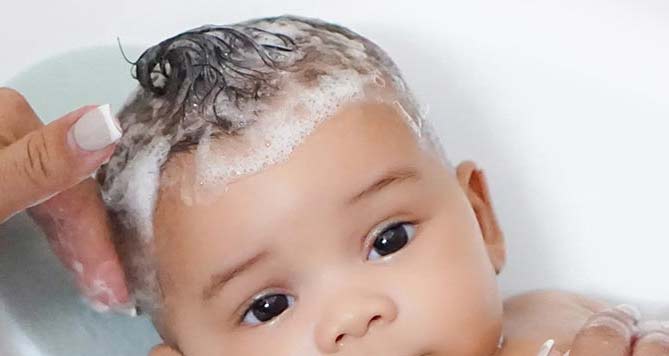Greasy Scales on Your Baby’s Head? Understanding Infantile Seborrheic Dermatitis and How to Care for It! - Explained by Dr. Yeung Ho Hong (楊浩康)
What Is Infantile Seborrheic Dermatitis?
Three to four weeks after birth, your baby might develop oily, red rashes with flaky scales on their scalp, eyebrows, cheeks, or even diaper area. This is infantile seborrheic dermatitis (嬰兒脂漏性皮膚炎), commonly known as “cradle cap” or “奶癬” in Chinese.

Why Do Babies Get Seborrheic Dermatitis?
While the exact cause remains unclear, studies suggest it may be related to:
- Hormonal Stimulation: Newborns’ sebaceous glands may be stimulated by hormones.
- Malassezia furfur (秕糠馬拉色癬菌): A lipophilic yeast commonly found on human skin, particularly in areas rich with sebaceous glands. When this fungus infects the skin and proliferates excessively, it can lead to various skin conditions.
Where Does Seborrheic Dermatitis Appear?
- Scalp: The most common area, with greasy red patches and scaling.
- Diaper Area: Red spots may also appear here.
- Other Areas: Eyebrows, forehead, ears, and chest may also be affected.
Will Seborrheic Dermatitis Go Away on Its Own?
Yes! In most babies, the symptoms gradually disappear before they reach 8 to 12 months of age, so parents don’t need to worry too much.
How to Care for Seborrheic Dermatitis?
- Gentle Cleaning:
- Scalp: You can increase the frequency of washing the baby’s hair. If the scales are thick, gently massage with baby oil or Vaseline (凡士林) to soften them, then use a soft brush to remove the flakes, and finally wash with baby shampoo.
- Other Areas: Gently wipe with warm water to keep the skin clean.
- Keep Dry and Well-Ventilated: A moist environment can encourage fungal growth, so keep your baby’s skin dry.
- Seek Medical Advice: If the symptoms are severe or keep recurring, consult a doctor. The doctor may prescribe a medicated cream.
Does Diet Affect Seborrheic Dermatitis?
There’s currently no evidence showing that specific foods directly cause seborrheic dermatitis, but a balanced diet is important for boosting your baby’s immunity, which can support healthier skin.
How to Choose Skincare Products?
Opt for natural, hypoallergenic products to minimize irritation to your baby’s skin.
Summary
Infantile seborrheic dermatitis is very common and usually resolves on its own. Gentle cleaning and keeping the skin dry and ventilated can help your baby’s skin recover. If the symptoms are severe or you’re concerned, be sure to see a doctor!
